I feel like biting my nails.
“Do you think I made the right decision?” I ask my mom in my parents’ bathroom.
“I don’t know,” my mom says. “You have a way of making decisions without much thought.”
Not helping! I think. I want encouragement — support. Not honesty.
Frustrated, I leave the bathroom, pondering what brought me to this place.
It could have been worse. I don’t know. That’s the problem. How I found out was hearsay. But it didn’t matter at the time. I was still scared. And anger became my cover emotion. How dare he blame me for his own words?
You might be wondering who the “he” is and what exactly was said. What I want to tell you is that the who doesn’t matter. The specifics of the what don’t matter much either. What I will tell you is that there was this guy — I’ll call him Mr. Lojo. At this point I feel the need to tell you I may or may not be lying about Mr. Lojo’s gender. Mr. Lojo allegedly used the n-word in school. He was suspended. When he came back he allegedly blamed his getting caught on “the black girl in class.” Notice the allegedly’s I stuck in there? I’m really proud of them. I almost sound neutral. Of course, I can’t sound fully neutral because this is a column which means, say it with me now, I get to have an opinion. And my opinion is that what he allegedly said, even though it wasn’t the first or last time I heard the word at school, was hurtful.
At this point, I also feel the need to tell you that I would have had to be the black girl who allegedly ratted him out because this is Lovejoy— nothing against the district, #LoveWhereYouLearn, am I right. I didn’t rat him out just so you know. I couldn’t have told you his name much less what he sounded like, but I didn’t want to stop with the use of “allegedly.” The fact is our district is predominantly caucasian, frequently making me the black girl in a class, not just a black girl, which made my cultural identity feel interesting — not good, not bad, just interesting. It’s like the chocolate chip cookie analogy I’ve heard again and again became real in my experience with Mr. Lojo. Many times, it kind of felt like I was a single chocolate chip on a sugar cookie. I counted myself lucky if there was another chocolate chip somewhere in the room.
Walking out of the bathroom, I try to block out other memories that incident brought up for me, but I can’t. First comes the memory of the time another person made a joke with a punchline like “I’m not African American. My pants aren’t sagging.” I identify as black, not African-American. My family is Nigerian, but I don’t think the person knew that as people laughed at the joke no more than a desk or two away from where I sat. Next comes the memory of the time, back where I used to live, a neighborhood kid said my sisters and I couldn’t ride his scooter even though he let other kids ride it because he didn’t want our color rubbing off on his bike. Of all my not-fun memories, that one is my favorite. That kid seemed to truly believe, in his heart of hearts, that my skin could rub off — as if I had been painted over one too many times and was waiting for the new layer to dry
Then I start to remember how all that brought me to my name change.
I remember how everything formerly abstract about racial ignorance and discrimination became real to me. I realized that some people would always see the color of my skin first, not caring if I didn’t dress “ghetto” or talk “black.”
It felt like a weird time for all that to come to me. I had grown up hearing stories about racism and discrimination others I knew had went through, but in my child-like innocence I chose to believe that something like that couldn’t happen to me if I did things the “right” way — the way I had seen others who I considered role models do things. Although the perceived sleight was small, it was the way an unfortunate life lesson solidified. So, I decided to lean into what I had unconsciously repressed in public — my heritage and skin color — by going by my first name. And that brings me back to that moment in by parents’ bathroom.
I’m wondering if I’m overreacting — if I’m allowing myself to be defined by an unfortunate experience rather than who I truly want to be. And the ironic part is, I’m looking for an explanation of how I should define myself from my mother. Eventually, I decide to just let it be. And that’s what I’ve been working on ever since — letting things go. I may never be able to change how people choose to view me, but I can choose to not let it bother me. It’s a promise I’m working on keeping to myself — a promise that I’ll never torture myself over others’ faults because the days of tears I spent over Mr. Lojo’s words were not healthy. And I will never go there again. The experience may not have made me a stronger person or a better person, but it did change me.
The experience taught me the importance of a name. Suvwe and Ariel are both me. They are two parts of the same identity. All of my names have a meaning. And they each tell a story. My full name is Oghenesuvwe Onome Ariel Oluseyi Kokoricha. My parents named me Ariel because they liked its meaning in hebrew, the lion(ess) of God, and I chose to pronounce the way Sebastian in “The Little Mermaid” pronounces it. Suvwe is short for Oghenesuvwe meaning the Lord is my Shepherd in Urhobo. Onome means my child. Oluseyi means The Lord has done this in Yoruba. Kokoricha comes from a town named Kokori in the Delta region of Nigeria. These are all me, and I have come to realize that changing the name I go by doesn’t mean changing my identity. It just means I’m unifying it. For the first time in a long time, everyone refers to as Suvwe. And it’s lovely.




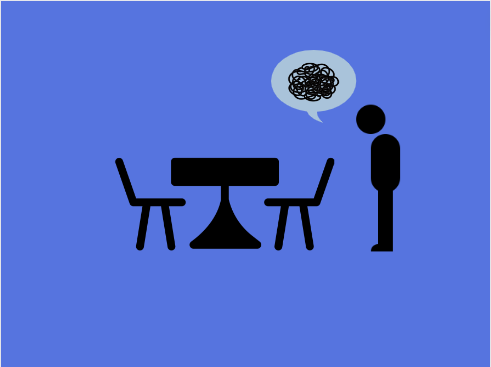

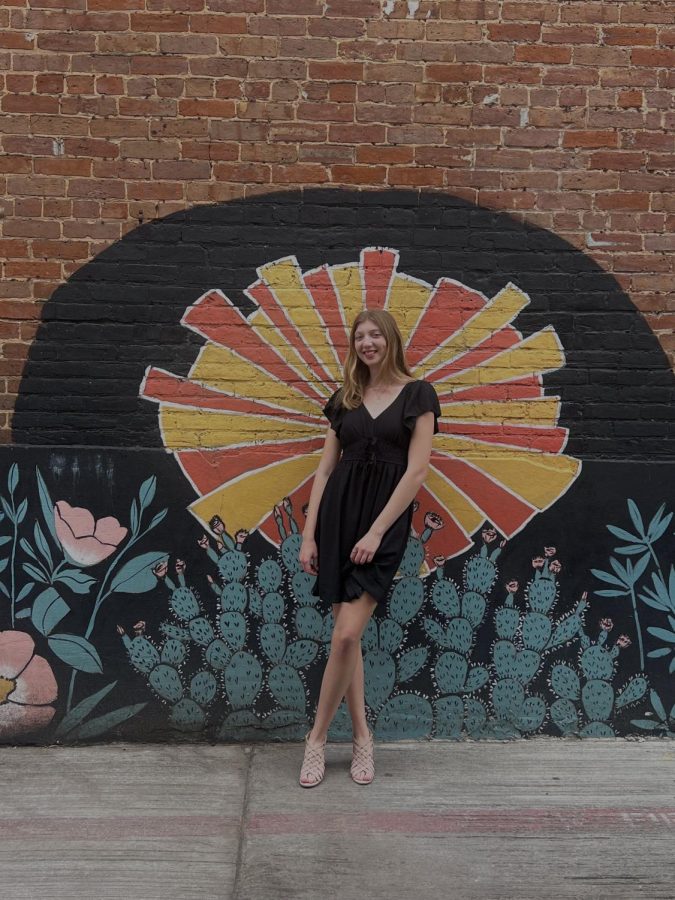
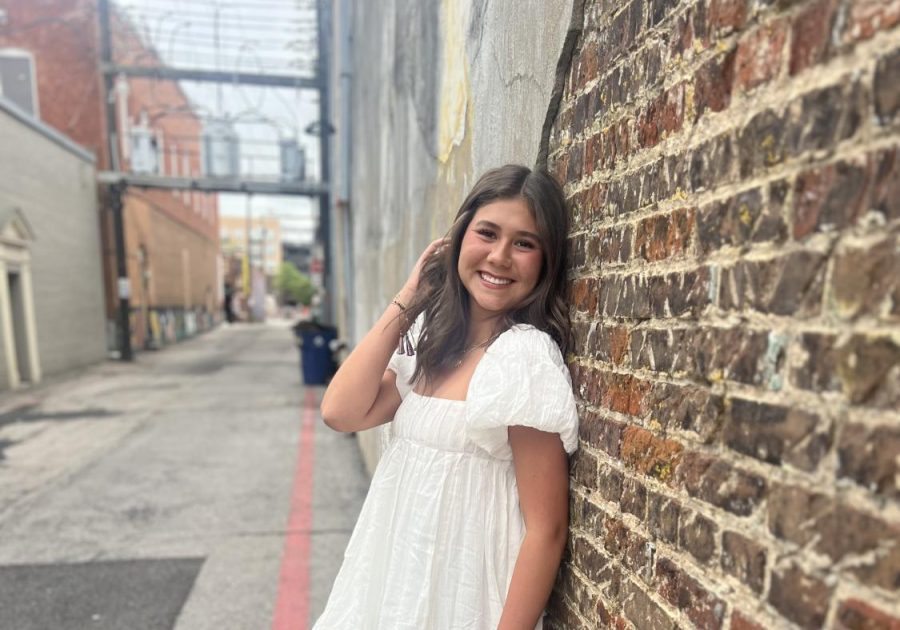
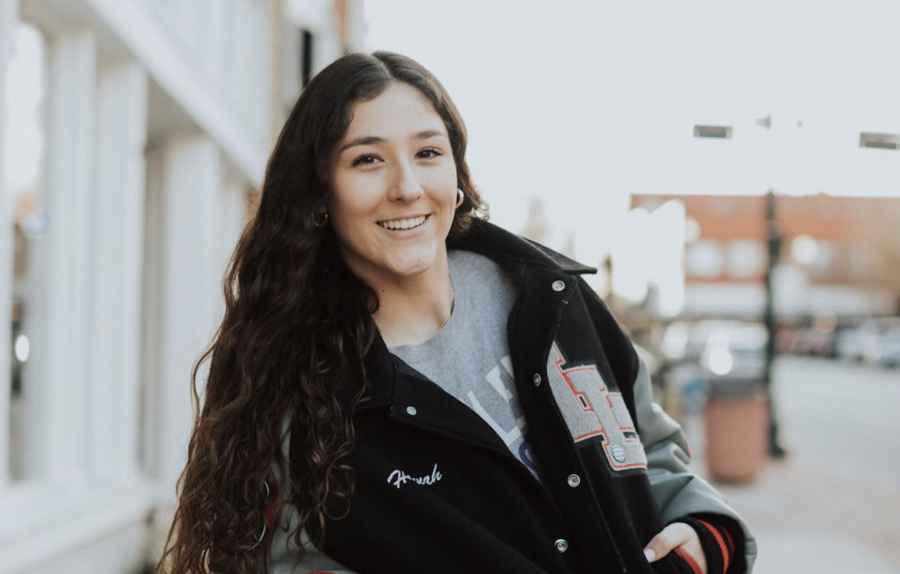









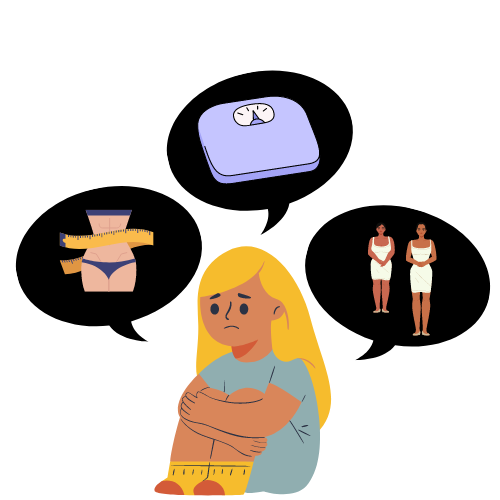





Andrea • May 19, 2020 at 1:06 pm
What a rich multi-layered piece that speaks to the Big ‘T” and little ‘t’ truths. I am glad that you have chosen to ‘let go’ in community so that we can all stand with you through thick and thin. I appreciate how you breathe new life and build perspective into things familiar, whether turns of phrases that have become platitudes or hurtful actions we commit against each other. You challenge us from out of the lull of the familiar (whether positive or negative) and you chose to do so without alienating any one, including yourself. Thank you for leaning in — lovely, indeed.
Maribel • May 14, 2020 at 1:04 pm
I have always been amazed at how sudden experiences refine our thinking to some extent. This read just reiterated for me the importance of making sure someone else’s opinion remains an opinion and not my truth and how I should always live my life the best version of myself at any time. Thank you Suvwe.